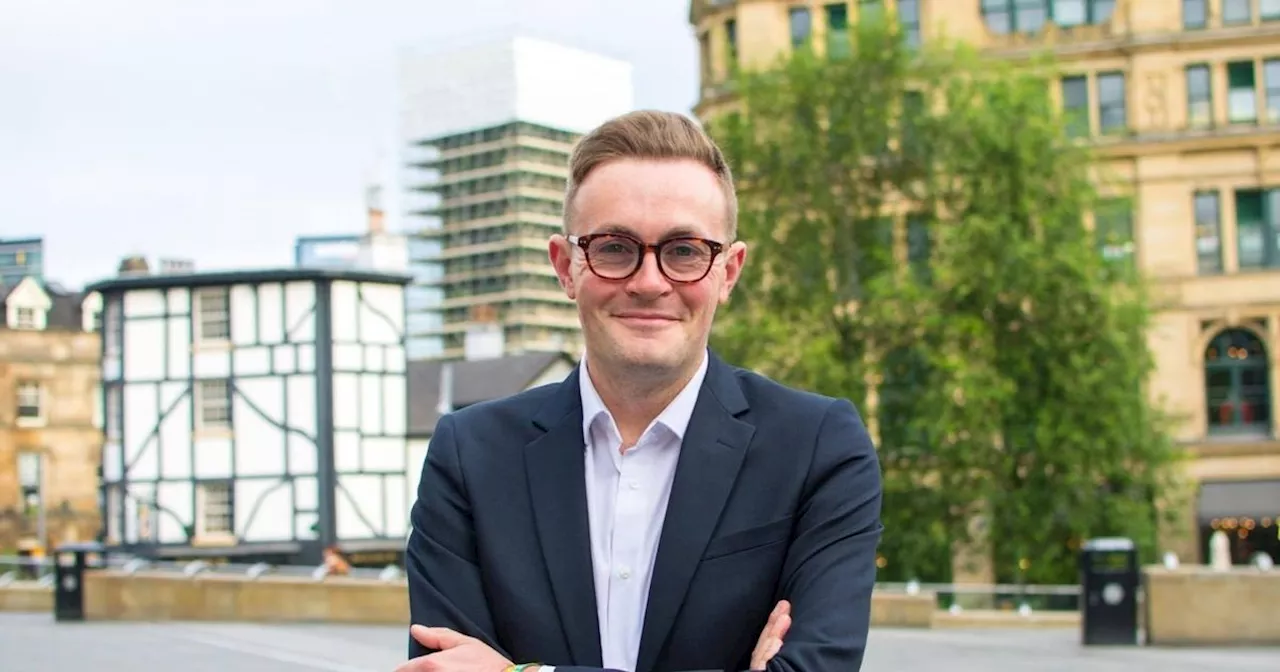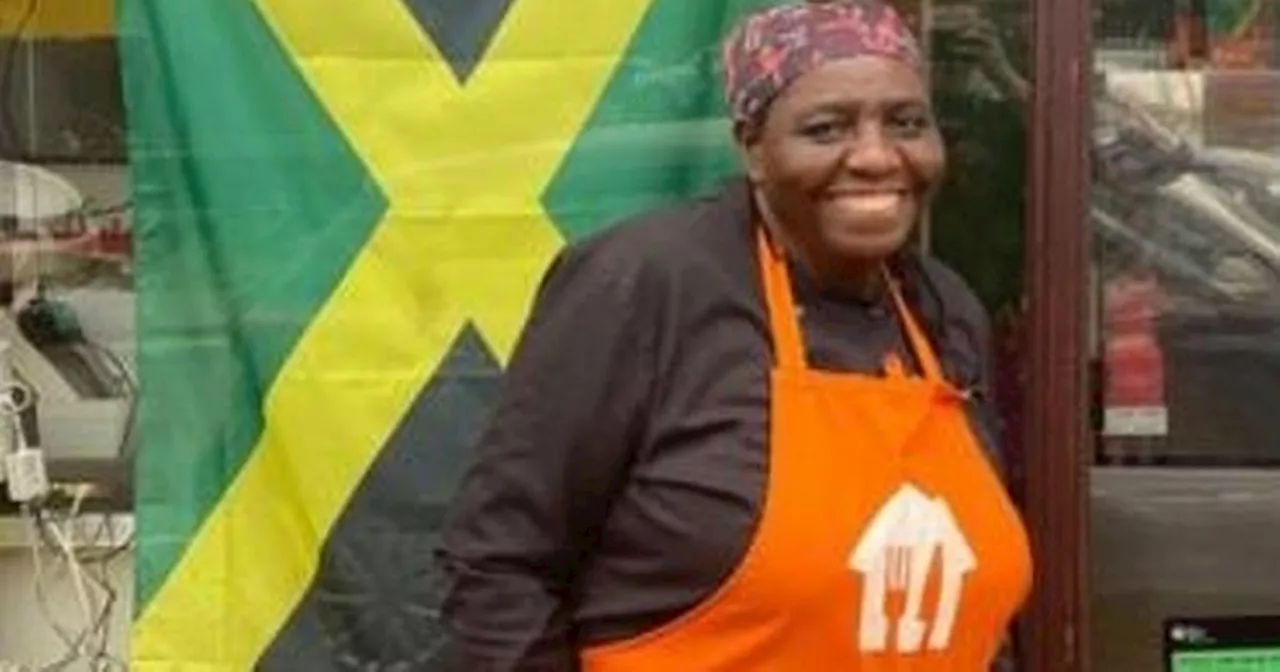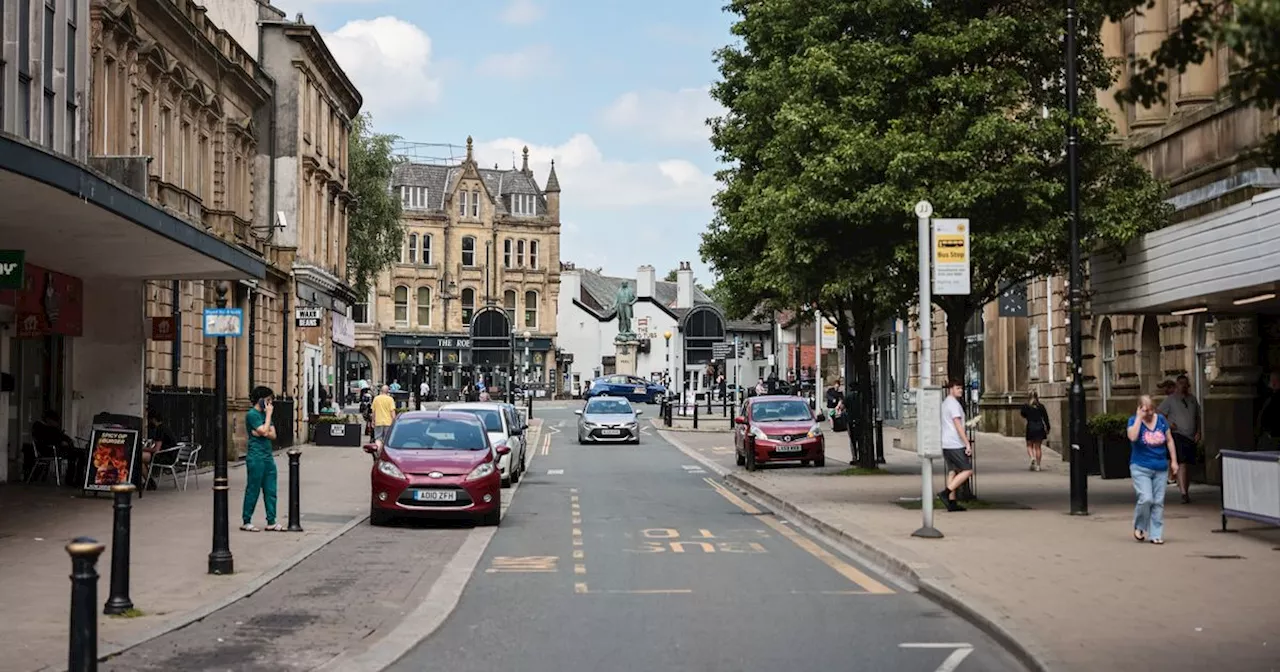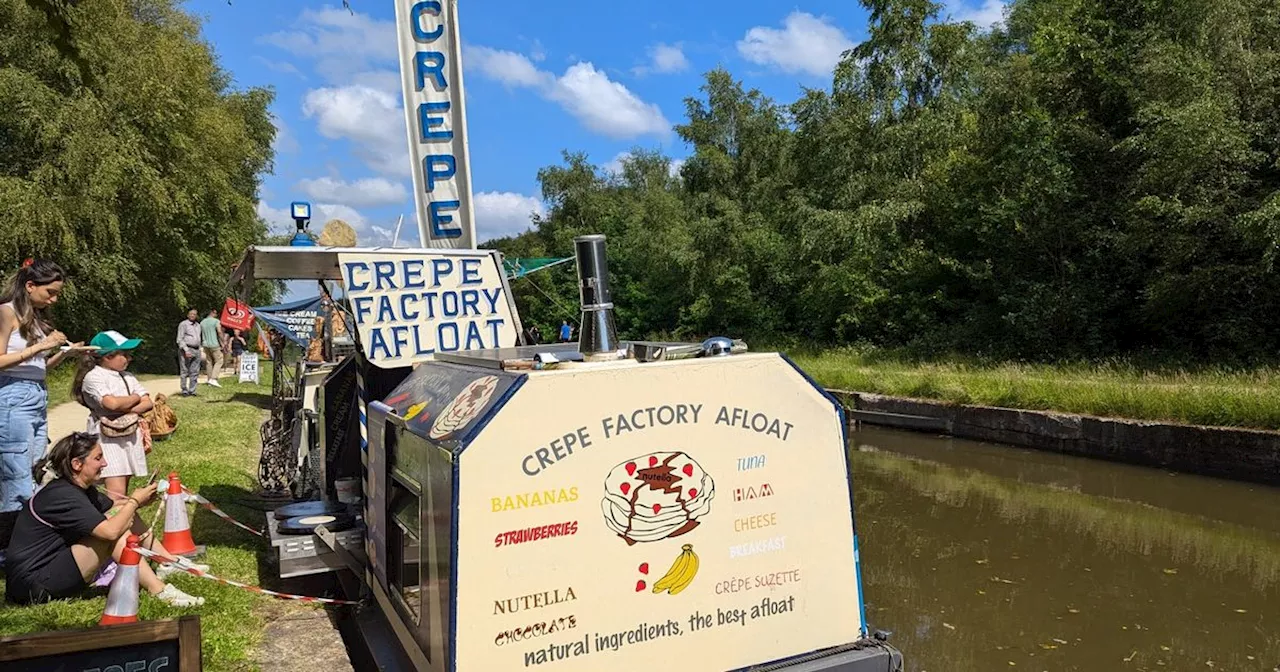Ahead of the general election on July 4, the Manchester Evening News looks back at the big moments in Greater Manchester over the last 14 years and how the lives of people here - and the city itself - have changed since the Conservatives first came to...
Sir Alex Ferguson's Manchester United were within touching distance of becoming the football champions of England for the nineteenth time when voters went to the polls 14 years ago in a general election that changed the course of British history.
Greater Manchester has changed in so many ways since 2010. The city's skyline, for one thing, has been totally transformed. Huge inequalities prevail within our city-region. A man born in Oldham can expect to live in good health for 10 years less than one born in Trafford, while in Salford, women in the most deprived neighbourhoods can expect to live 11 years less than in wealthier parts.
Since 2010, Manchester council's core spending power has been cut by 34 per cent when adjusted for inflation. That is a loss of £312.5m a year - nearly £761 per person, which is actually a cut of 42 per cent when you account for the city's growing population. Poverty Choices between heating and eating have become more common across the country, with record numbers of people now relying on emergency food parcels. The number of children living in relative poverty - nearly four in 10 in Manchester - is also at a record high.
Sadly, since his successful campaign, the situation has got worse. Earlier this year, a report by Child Poverty Action Group found that nearly one in ten children in Greater Manchester - 46,000 kids in total - are living in poverty but are not entitled to free school meals. This was not the only change in the welfare system over the last 14 years that has had repercussions in Greater Manchester. The 'bedroom tax', which came into effect in 2013, meant that council and social housing tenants with a spare room had benefits cut too.
However, in the years that followed, many decisions by the Department for Work and Pensions were being overturned. In 2019, Bolton council revealed that almost four in every five cases that the town hall took on resulted in residents' benefits being reinstated. Over the last few years, another row over benefits has been brewing. Until a few months ago, Local Housing Allowance had been frozen since 2020, despite charities, campaigners and council bosses calling for an urgent uplift to prevent a rise in homelessness.
By 2018, that number soared to 123 - although at the last count, it was 48. What the data does not pick up is 'hidden homelessness'. Over just one weekend in that period, there were 58 drug-related emergency call-outs to the city centre. And while the number of call-outs is no longer so extreme, the M.E.N revealed earlier this month that the synthetic cannabinoid is back on the streets.
During his first campaign to become Greater Manchester mayor, Andy Burnham pledged to end rough sleeping. He soon set up the A Bed Every Night scheme and, by 2020, partly helped by government support during the pandemic, the numbers had fallen significantly. Nevertheless, later in 2023, the number of rough sleepers rose again, largely due to an influx of refugees who ended up on Greater Manchester's streets after being kicked out of their asylum seeker accommodation, following a government decision to speed up rulings on claims.
Many of those with a roof over their head still suffer in substandard housing. It took the tragic death of a toddler for anyone to notice. Last year, as part of the latest devolution deal, Greater Manchester was given £150m to build 7,000 new homes on brownfield land. But in Manchester alone, 36,000 new homes - 10,000 of them affordable - are needed over the next decade to keep up with demand.
In 2013, Trafford General Hospital - which was the birthplace of the NHS - lost its A&E department. And, in 2014, the most radical shake-up of healthcare in the city-region since the 1940s was unveiled, with plans aimed at making the health service more cost efficient. The first national lockdown was lifted when the number of cases fell in London despite concerns raised in Greater Manchester where the infection rate remained high throughout 2020. Two months later, when the government decided to impose tougher measures in the city-region, mayor Andy Burnham said he was given one hour to discuss the decision with local leaders - then 'all hell broke loose'.
This pressure reached its peak in early 2022 when the Omicron variant wave hit, forcing NHS bosses to cancel non-urgent surgery. Staff who spoke to the M.E.N during this period said that they were 'one admission away from absolute disaster, every single shift'. Ambulances queuing outside hospitals - and consequently unable to attend other emergencies - are no longer a common sight. Instead, patients are waiting in hospital corridors now, with A&E staff warning the M.E.N last winter that they 'can't keep people safe anymore'.
Meanwhile, Greater Manchester's hospitals are falling apart. Last year, theatres were closed for over a month after a ceiling collapsed at North Manchester General Hospital - which has been earmarked for an upgrade as one of Boris Johnson's '40 new hospitals' promise. But evidence of the problems at the trust was apparent long before that. Since 2017, the M.E.N has detailed how inquest after inquest has concluded that a lack of care from GMMH had a role to play in patients meant to be under the trust’s care taking their own lives.
Now, the organisation, which has been run locally since under a devolution deal with the government in 2015, is under intense scrutiny from national NHS bosses. Nonetheless, Zahid Chauhan, a GP and Labour councillor in Oldham, says devolution has been a 'good thing'. In 2015, the force's incoming chief constable Ian Hopkins told the M.E.N that, amid funding cuts, officers may not have the time to investigate burglaries straight away. Three years later, the M.E.N revealed that most burglaries and thefts were not being investigated.
Two years later, GMP came under heavy criticism in a public inquiry for its handling of the Manchester Arena bombing. The force eventually admitted that its response on the night of the terrorist attack in 2017 was 'inadequate' and apologised 'unreservedly'. It comes amid a 50.6 per cent increase in the crime rate since 2015. However, burglaries have come down by 40.8 per cent in that time.
"The stark reality is that GMP doesn’t have enough police officers," he said, "and I have real concerns around sustainability as our already stretched officers are being asked to do more and more. Fatigue is kicking in and cops are getting burnt out." Last month, the National Audit Office said that the backlog has got larger and concluded that the government's target of reducing the backlog to 53,000 by March 2025 is no longer achievable. Its report also revealed victims now wait 22 months on average for a verdict.
This year, the government announced that some prisoners could be released up to two months early to tackle overcrowding in jails. It came as the Prime Minister's spokesperson suggested that prisons in England and Wales could reach their full capacity within months. The deal also means buses, trams and local trains can be brought under one public transport system similar to London's, with fares made simpler with daily caps set on all three. Greater Manchester is also set to have more of a say over technical education budgets.
The new London-style public transport system, dubbed the Bee Network, has benefited from huge sums of investment from the Conservative government. The latest trailblazer deal also came with £150m of cash that will see around 7,000 homes built by 2026. Mr Whitham, CEO of the now rebranded Resolve Poverty group, says the government did not intend to improve living standards through devolution. "We're not devolving powers with a direct intention of lifting people out of poverty in these areas," he said.
But since the pandemic, despite the government promising to reduce health disparities in the UK, differences in life expectancy across different parts of the country have grown. Life expectancy at birth for Manchester residents fell by an estimated 3.1 years for men and 1.9 years for women in 2020, compared to England's fall of 1.3 years for men and 0.9 years for women, according to a council report.
"Across a number of metrics, the last 14 years has seen little Government led success that is felt by residents in our city, she says. "Promises of unleashing a Northern Powerhouse have not been kept. While the 2008 financial crash hampered investment, political choices made by the Conservatives when they came to power, such as the decision to scrap a £250m regeneration scheme in Collyhurst, also set the city back. Having said that, Greater Manchester has continued to grow despite tough economic conditions over the last 14 years.
NHS Conservative Party General Election Homelessness Hidden Homeless Manchester M.E.N. Explore
United States Latest News, United States Headlines
Similar News:You can also read news stories similar to this one that we have collected from other news sources.
 Former red wall Greater Manchester MP stands in safe Tory seat 100 miles awayChris Clarkson was the MP for Heywood and Middleton
Former red wall Greater Manchester MP stands in safe Tory seat 100 miles awayChris Clarkson was the MP for Heywood and Middleton
Read more »
 Popular Greater Manchester takeaway to close this week after four years'It has been one hell of a journey'
Popular Greater Manchester takeaway to close this week after four years'It has been one hell of a journey'
Read more »
 What it takes to survive for ten years in a trendy Greater Manchester suburbThe Drop Bar Cafe, situated on Barlow Moor Road in Chorlton, is celebrating a milestone this weekend
What it takes to survive for ten years in a trendy Greater Manchester suburbThe Drop Bar Cafe, situated on Barlow Moor Road in Chorlton, is celebrating a milestone this weekend
Read more »
 Hidden Greater Manchester world looks like the remains of a lost civilisationSurrounded by woodland and covered in plants and mosses, stone steps lead down to subterranean rooms and dark passageways
Hidden Greater Manchester world looks like the remains of a lost civilisationSurrounded by woodland and covered in plants and mosses, stone steps lead down to subterranean rooms and dark passageways
Read more »
 The Greater Manchester neighbourhood where people want change'I was born and bred here... I've never known the place be as big of a dump as it is'
The Greater Manchester neighbourhood where people want change'I was born and bred here... I've never known the place be as big of a dump as it is'
Read more »
 A narrowboat serving up fresh crepes and ice cream comes to Greater ManchesterThe Crepe Factory Afloat is back on the Bridgewater Canal this summer
A narrowboat serving up fresh crepes and ice cream comes to Greater ManchesterThe Crepe Factory Afloat is back on the Bridgewater Canal this summer
Read more »
